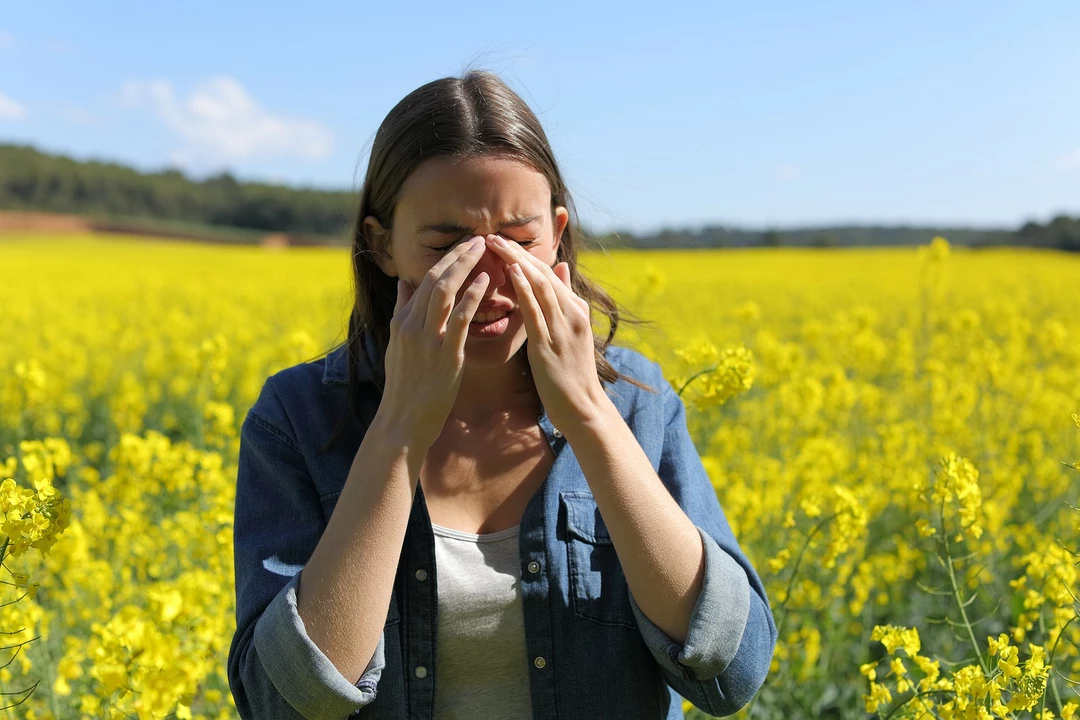Seasonal Allergy Season: Practical Steps to Feel Better
Seasonal allergy season can sneak up fast—trees in spring, grasses in late spring/early summer, and ragweed in late summer and fall. If your eyes water, your nose itches, or you keep sneezing outside, small, smart changes can cut symptoms a lot. Below are clear, useful steps you can use today.
Quick ways to cut your pollen exposure
Check the local pollen count and plan outdoor time for lower-pollen hours (usually late afternoon or after rain). Close windows and use air conditioning in your home and car. If you dry clothes outdoors, switch to a dryer during high pollen days—wet sheets trap pollen and dry ones collect it.
Keep pollen off your skin and hair: change clothes and shower right after spending time outside, and wash your face and rinse your eyes if they feel gritty. Pets carry pollen inside—wipe them with a damp cloth before they come in or brush them outdoors. Use a HEPA filter in bedrooms and vacuum with a HEPA-equipped vacuum cleaner at least once a week.
Effective treatments and when to see a doctor
Over-the-counter antihistamines like cetirizine, loratadine, or fexofenadine help with sneezing and itching; non-drowsy options work well for daytime use. For blocked noses, nasal steroid sprays (fluticasone, budesonide) reduce inflammation and are safe for many people when used as directed. Saline nasal rinses and lubricating eye drops can soothe irritation without drugs.
If you need stronger relief, your doctor can prescribe nasal steroid combos, higher-dose antihistamines, or allergy shots (immunotherapy) that reduce symptoms over time. Talk to a clinician before starting new meds if you are pregnant, nursing, have heart disease, or take other prescriptions—some drugs can interact.
Watch for red flags: if you have trouble breathing, chest tightness, or swelling of the face or throat, get emergency care right away. Severe seasonal allergy rarely causes this, but it’s important to act fast if it happens.
Small lifestyle choices add up. Keep windows closed on windy days, change HVAC filters regularly, avoid mowing the lawn or being near heavy pollen sources when counts spike, and consider using sunglasses to block pollen from your eyes. Wearing a well-fitted mask outdoors on bad days can help, too—especially during yard work or high pollen events.
If allergies are ruining sleep, work, or school performance, seek help. Allergy testing can pinpoint triggers so treatment is targeted. Immunotherapy can be a game-changer for people who want long-term relief and to reduce reliance on daily meds.
Seasonal allergy season is manageable with a few practical moves and the right medicines. Try the steps above, track which measures help most, and ask a healthcare provider when symptoms don’t improve or you need a treatment plan tailored to your life.
How to create an allergy-friendly garden to enjoy during seasonal allergy season
As a seasonal allergy sufferer, I know how important it is to create an allergy-friendly garden. To do so, choose plants with low pollen production, such as hydrangeas, irises, and roses. Incorporate allergy-friendly ground covers like moss and gravel. Also, remember to regularly prune trees and shrubs to reduce pollen and mold spores. By following these simple tips, you can create a garden that everyone can enjoy during allergy season.






